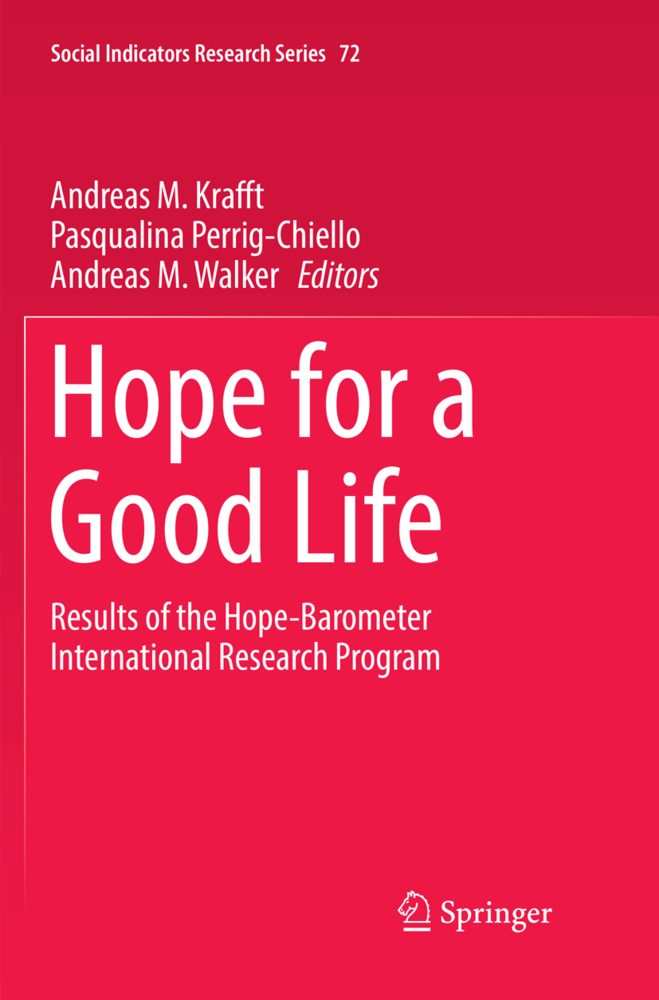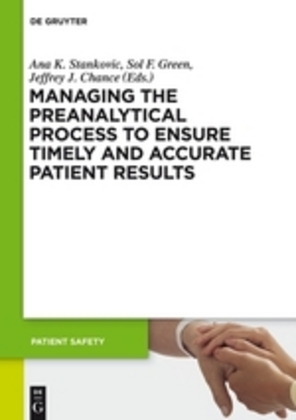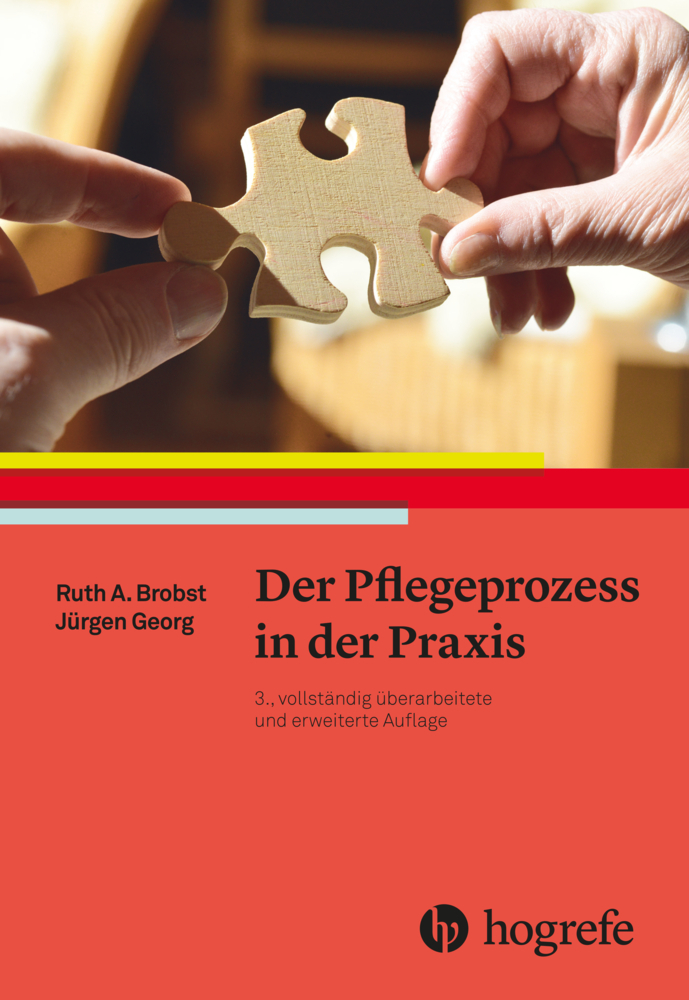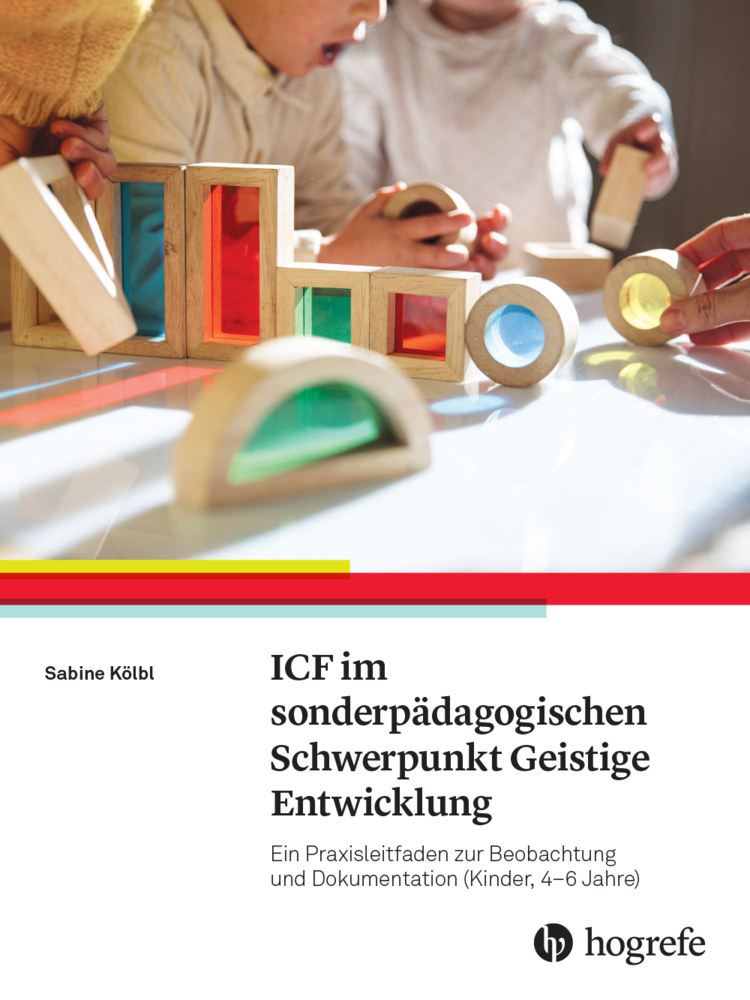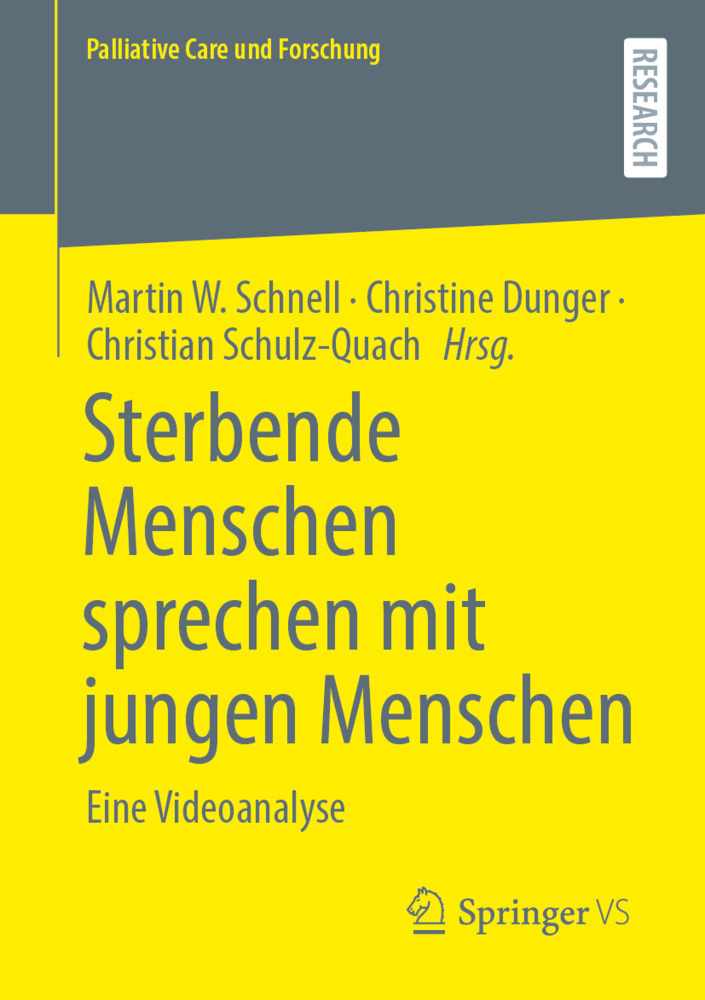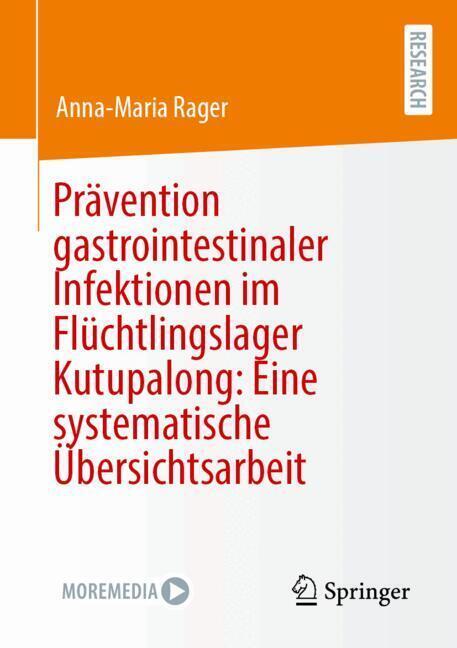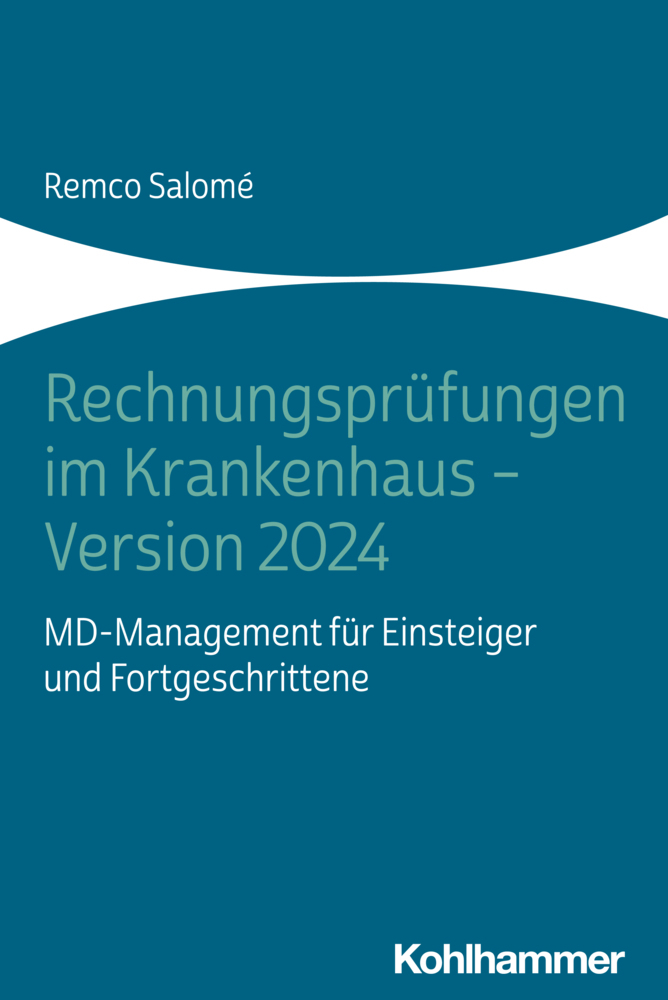Hope for a Good Life
Results of the Hope-Barometer International Research Program
Hope for a Good Life
Results of the Hope-Barometer International Research Program
This volume addresses the convincing belief that hope is an existential need and resource for living a good life, not only when all is going well, but especially in difficult times. The findings reported in this volume result from the annual survey of the Hope-Barometer Research Program collected during 7 years and conducted in several countries. Structured in three parts, the first one provides the reader with a general introduction into the topic of hope, the theoretical and methodological foundations and major general results of the Hope-Barometer. Part two presents specific topics related to the levels and variations of hope across different population groups, and the relationship of hope with several measures of well-being. Further part three focuses on comparisons of elements and levels of hope across cultures discussing methods and techniques to improve hope and thus increase overall well-being.
Chapter 2. Theories of Hope
Chapter 3. Methodology
Chapter 4. Descriptive Results from the Hope-Barometer
Chapter 5. Comparative Results - International Comparisons
Chapter 6. Hope and Other Positive Attributes (correlation Between Constructs)
Part II. Specific Topics on Hope
Chapter 7. Psychological Resources, Strengths, and Resilience (Slezácková)
Chapter 8. Hope and Well-being: A Question of Age and Generation? (Spahni)
Chapter 9. Partnership, Separation, Divorce, and Widowhood (Spahni)
Chapter 10. Believes, Faith, Spirituality, and Religiosity (Margelisch)
Chapter 11. Are Polish People Less Happy than the Rest of Europeans? The Role of Affect, Engagement, Meaning and Hope (Kasprzak)
Chapter 12. Passion, Hope and Optimal Functioning in Society (Martin-Krumm)
Part III. Interventions, Lessons Learnt, and Final Remarks (Andreas Krafft and others).
Part I. Introduction, General Topics and Results of the Hope-Barometer (Andreas Krafft and Andreas Walker)
Chapter 1. Purpose and Development of the Hope-BarometerChapter 2. Theories of Hope
Chapter 3. Methodology
Chapter 4. Descriptive Results from the Hope-Barometer
Chapter 5. Comparative Results - International Comparisons
Chapter 6. Hope and Other Positive Attributes (correlation Between Constructs)
Part II. Specific Topics on Hope
Chapter 7. Psychological Resources, Strengths, and Resilience (Slezácková)
Chapter 8. Hope and Well-being: A Question of Age and Generation? (Spahni)
Chapter 9. Partnership, Separation, Divorce, and Widowhood (Spahni)
Chapter 10. Believes, Faith, Spirituality, and Religiosity (Margelisch)
Chapter 11. Are Polish People Less Happy than the Rest of Europeans? The Role of Affect, Engagement, Meaning and Hope (Kasprzak)
Chapter 12. Passion, Hope and Optimal Functioning in Society (Martin-Krumm)
Part III. Interventions, Lessons Learnt, and Final Remarks (Andreas Krafft and others).
Krafft, Andreas M.
Perrig-Chiello, Pasqualina
Walker, Andreas M.
| ISBN | 978-3-030-08706-7 |
|---|---|
| Artikelnummer | 9783030087067 |
| Medientyp | Buch |
| Auflage | Softcover reprint of the original 1st ed. 2018 |
| Copyrightjahr | 2018 |
| Verlag | Springer, Berlin |
| Umfang | XI, 215 Seiten |
| Abbildungen | XI, 215 p. 30 illus. |
| Sprache | Englisch |

